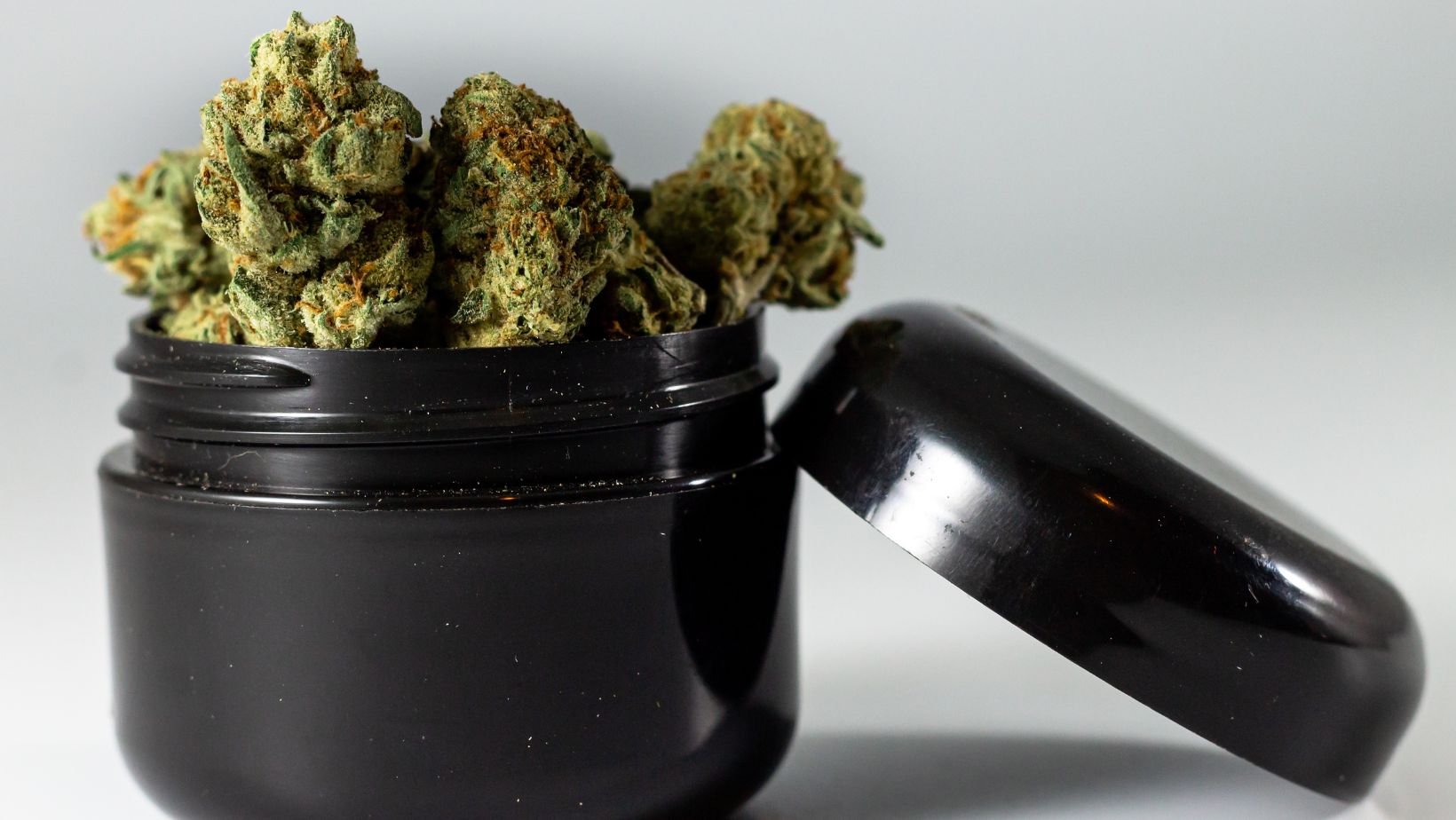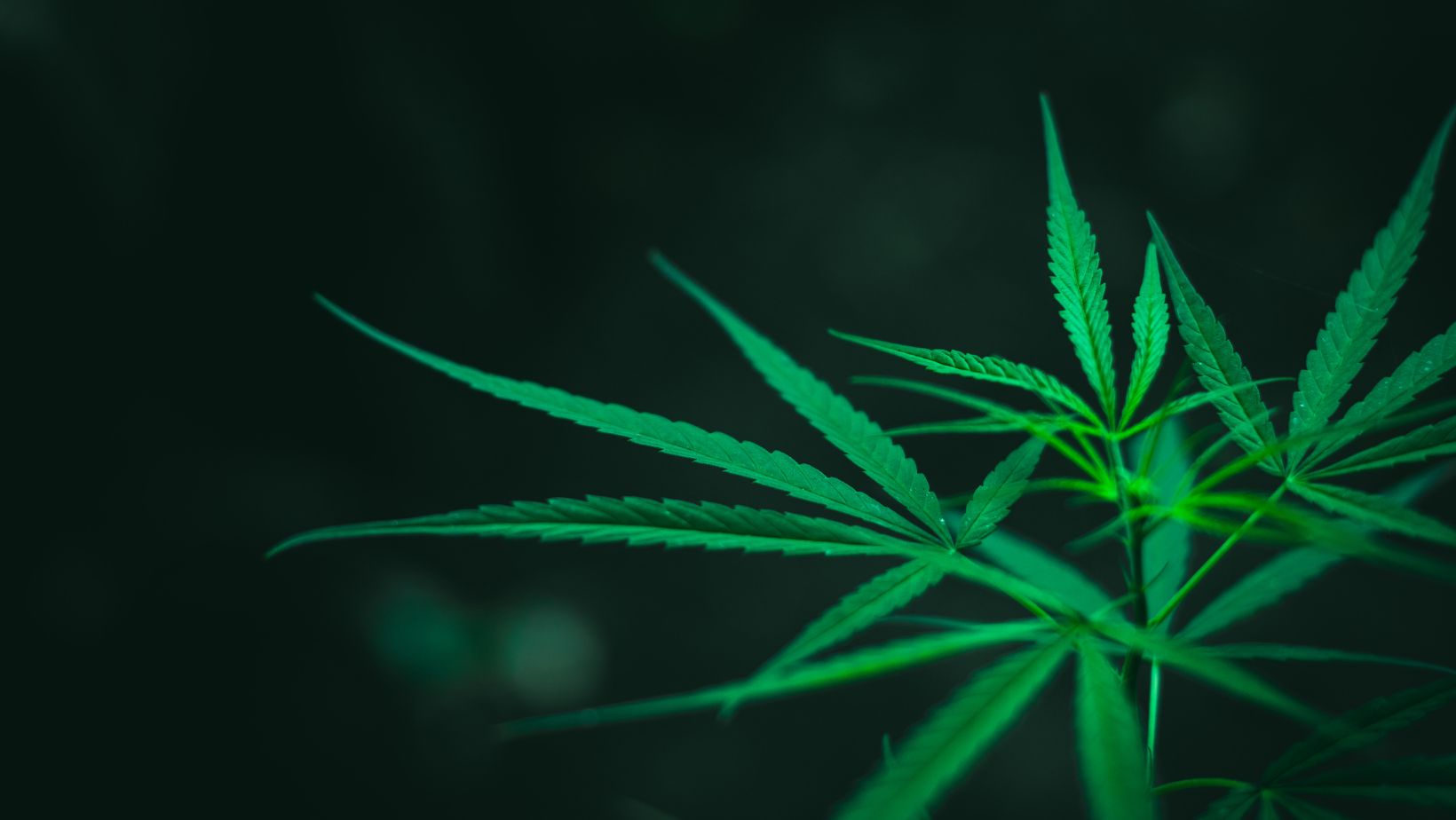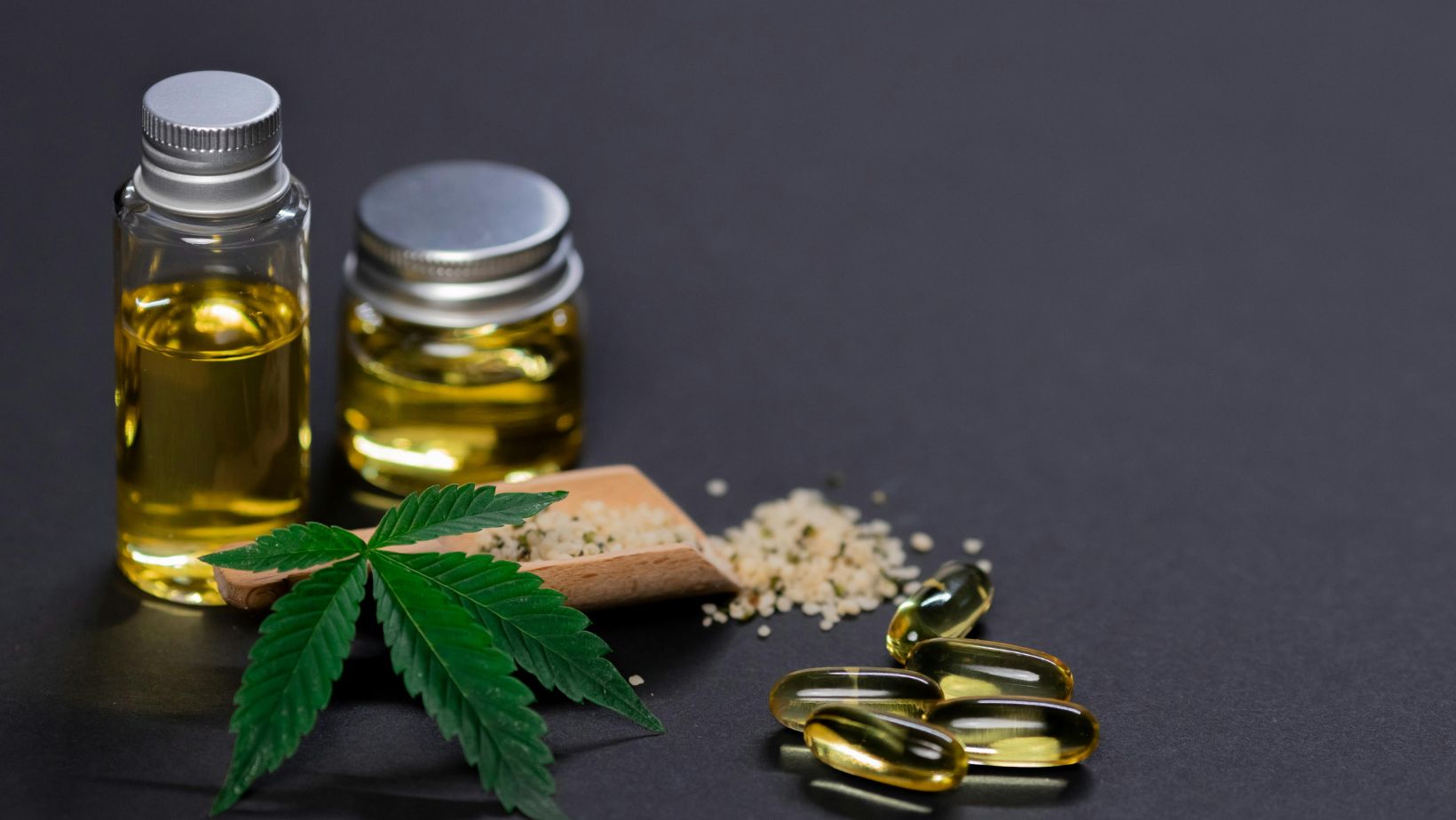
In the ever-evolving world of biohacking, individuals continuously seek ways to optimize their mental and physical performance. From nootropics to fasting and sleep optimization, biohackers experiment with different substances and lifestyle changes to push their cognitive abilities to the next level. One unconventional contender making its way into the conversation is THC (tetrahydrocannabinol), particularly in the form of THC-infused drinks.
With the rise of cannabis beverages promising relaxation, focus, and creativity, a critical question arises: Can THC actually improve cognitive performance, or is it just another passing trend? Let’s explore the intersection of THC drinks and biohacking.
Understanding THC and Cognitive Function
THC is the primary psychoactive compound in cannabis, known for its ability to alter perception, mood, and consciousness. Traditionally, cannabis has been associated with relaxation, creativity, and even mild euphoria. However, its effects on cognitive performance are complex and depend on various factors, including dosage, individual tolerance, and the presence of other cannabinoids like CBD.
When it comes to cognition, THC can have both positive and negative effects. Low doses of THC have been reported to enhance creativity, reduce stress, and improve divergent thinking. On the other hand, high doses can impair short-term memory, slow reaction time, and reduce overall mental clarity. This is why biohackers interested in cognitive enhancement through THC must approach it with a strategic mindset.
The Rise of THC-Infused Drinks
THC beverages have surged in popularity as a convenient and socially acceptable way to consume cannabis. Unlike smoking or vaping, which can be harsh on the lungs, THC drinks provide a discreet and often more controlled experience. These beverages range from microdosed sparkling waters to high-potency elixirs, allowing users to customize their intake based on their cognitive goals.
Many THC drinks also incorporate other bioactive compounds, such as adaptogens, nootropics, and CBD, to balance out the effects of THC and reduce potential side effects like anxiety or brain fog. This synergy could make the great THC syrup an attractive option for those looking to fine-tune their cognitive abilities.
Potential Cognitive Benefits of THC Drinks
- Enhanced Creativity – Many users report that THC helps unlock creative thinking by reducing inhibitions and encouraging novel associations between ideas. This could be particularly useful for artists, writers, and problem-solvers.
- Stress Reduction – Anxiety and stress are major roadblocks to optimal cognitive function. Low doses of THC may help users feel more relaxed, thereby improving their ability to focus and perform under pressure.
- Increased Focus (in Small Doses) – While high doses of THC can lead to mental fog, some users find that microdosing THC enhances their ability to concentrate on tasks, particularly those requiring a flow state.
- Improved Sleep – Quality sleep is crucial for cognitive performance. Some THC-infused drinks are formulated with calming ingredients to help users unwind and achieve deeper sleep cycles, leading to better cognitive function the following day.
- Neuroprotection – Some research suggests that cannabinoids, including THC, have neuroprotective properties that may help in preventing cognitive decline and supporting brain health in the long term.
Risks and Limitations
While THC drinks have potential cognitive benefits, they are not without drawbacks. High doses of THC can lead to:
- Memory Impairment – Short-term memory issues are one of the most well-documented side effects of THC.
- Reduced Reaction Time – This can negatively impact tasks requiring quick decision-making, such as driving or competitive gaming.
- Mental Fatigue – In some cases, excessive THC consumption can lead to cognitive sluggishness or brain fog.
Biohacking with THC: Great Practices
If you’re interested in using THC drinks as part of your biohacking regimen, here are some best practices to follow:
- Start with a Low Dose – Biohackers often experiment with microdosing (1-2 mg of THC) to gauge the effects before increasing the dose.
- Combine with CBD – CBD can counteract some of THC’s negative effects, such as anxiety and memory impairment, making it a valuable addition.
- Pair with Other Nootropics – Consider combining THC drinks with natural nootropics like L-theanine or adaptogens like ashwagandha to enhance focus and relaxation.
- Time Your Intake Wisely – Use THC drinks in the evening for relaxation or during creative work sessions rather than before activities that require high-level executive functioning.
- Monitor Your Response – Keep a journal to track how different dosages and drink formulations affect your cognitive performance.
Conclusion: The Future of THC in Cognitive Enhancement
THC drinks present an intriguing option in the realm of biohacking, offering potential benefits for creativity, stress management, and focus. However, their effectiveness largely depends on dosage and individual response. While some biohackers may find THC drinks to be a valuable tool for enhancing cognitive function, others may experience diminished performance if consumed in excess.
As research on cannabis and cognitive function continues to evolve, the role of THC in biohacking will likely become clearer. For now, those interested in experimenting with THC drinks should approach with caution, start small, and listen to their body’s response. When used strategically, THC may have a place in the modern biohacker’s toolkit—but it’s not a one-size-fits-all solution.







